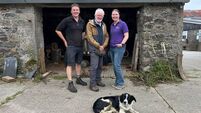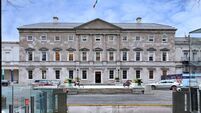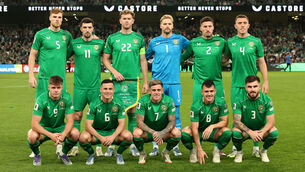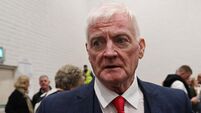'It didn't work out well': O’Gorman aims jab at Hackett’s bid to lead Greens from Seanad
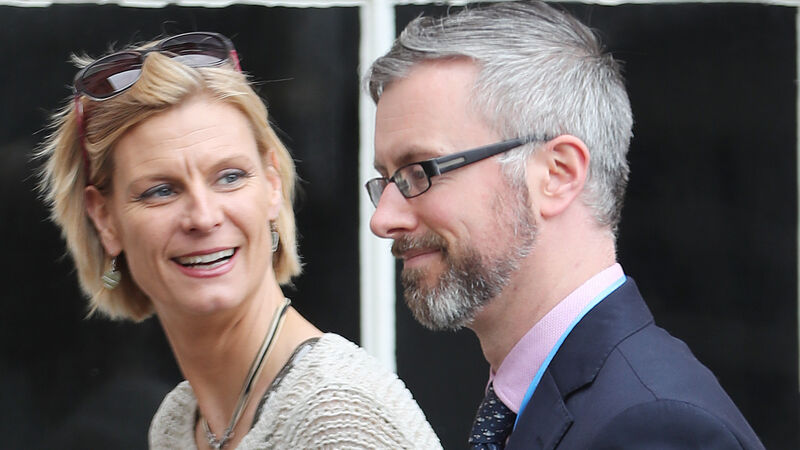
Rivals for the leadership of the Green Party, Senator Pippa Hackett and Children's Minister Roderic O'Gorman. Picture: PA
Green Party leadership hopeful Roderic O'Gorman has said the last time a political party was led from the Seanad "it didn't work out well".
Mr O'Gorman told the that the fact he is a TD is “definitely” an advantage for his candidacy.




